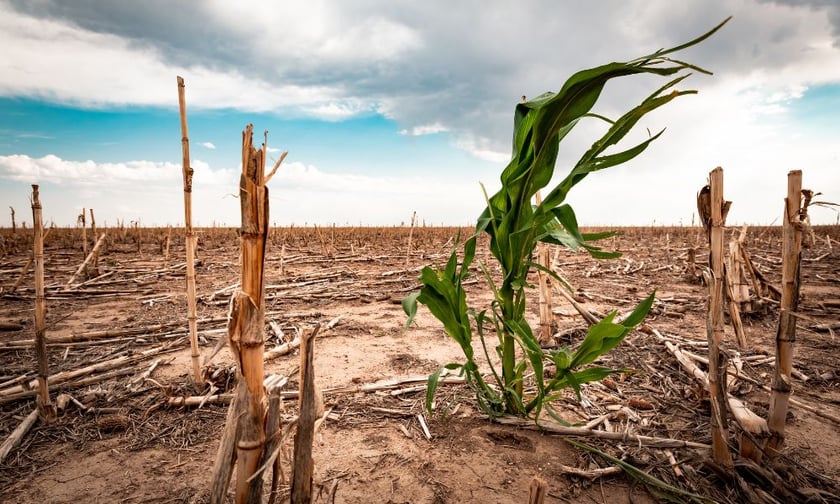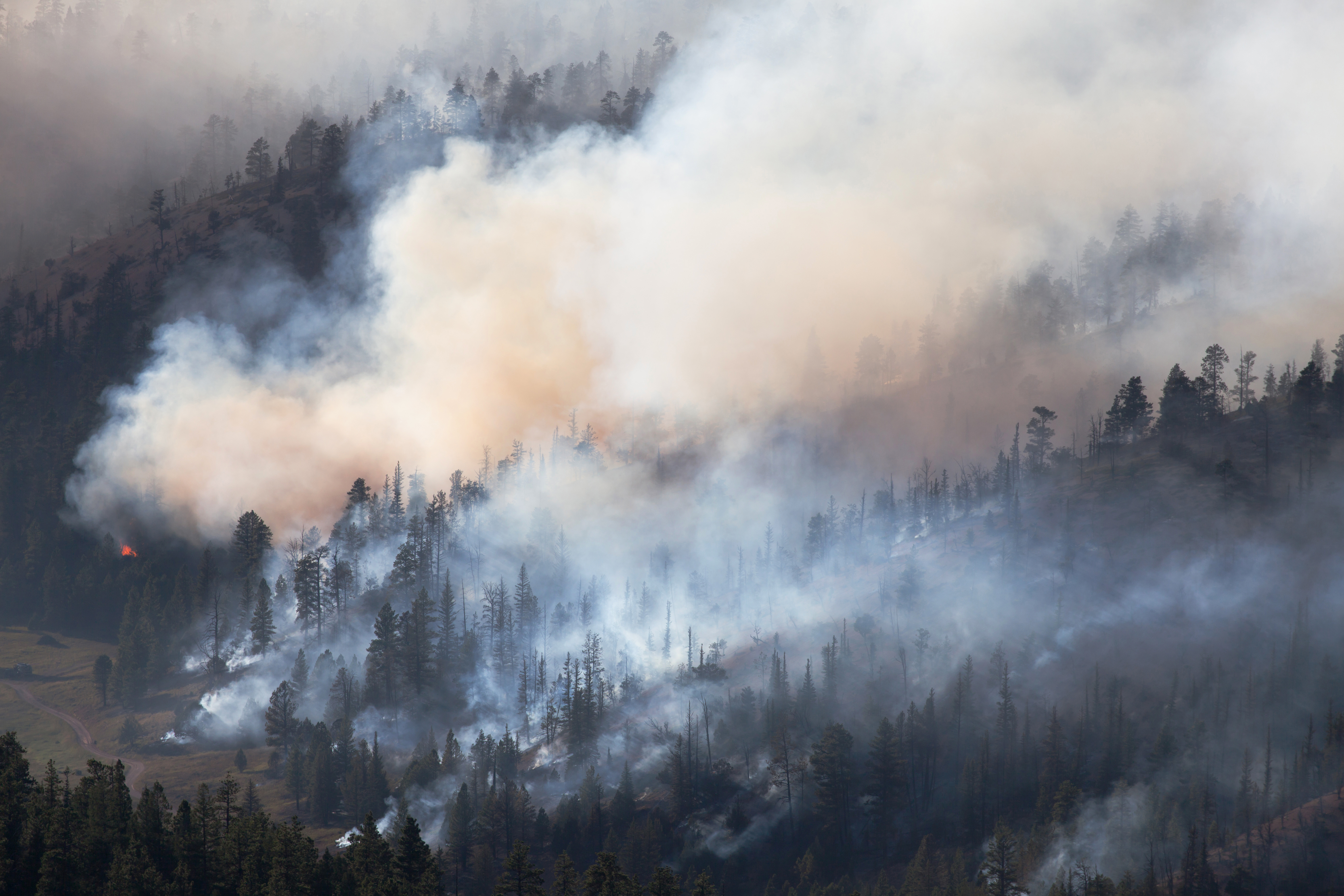All 37 major heat events were influenced by global warming, according to new federal data

New analysis from Environment and Climate Change Canada (ECCC) links recent heat waves across the country to human-caused climate change, raising further concerns about the financial toll of extreme weather on Canadians, insurers, and public systems.
Using the federal government’s Rapid Extreme Weather Event Attribution system, climate scientists examined 37 of the most severe heat events that occurred across Canada in summer 2024. eAll were found to be likely influenced by climate change. The analysis focused on identifying how greenhouse gas emissions have contributed to the increased frequency and intensity of extreme temperatures, using historical climate baselines from the pre-industrial period (1850–1900).
Two events were highlighted for their particularly strong connection to climate change. In Yukon, temperatures between June 20 and 23 peaked at 22.0°C, 6.5°C above normal. In Alberta, from May 28 to 31, the peak daily high reached 28.8°C, 11.3°C above the seasonal average. ECCC concluded that climate change made both events at least two to 10 times more likely to occur.
Extreme heat and other climate-related weather events are increasingly tied to costly natural disasters. Canada is now experiencing high-damage events more frequently. Emergency Management Minister Eleanor Olszewski noted that before the mid-1990s, Canada had seen only three disasters with damages exceeding $500 million. Today, events of that magnitude occur almost every year.
The financial burden has been reflected in rising insured losses. The years 2020 through 2023 were among the top 10 years for insurance claims related to severe weather, following other major events such as the 2016 Fort McMurray wildfires, the 2013 floods in Calgary and Toronto, and the 1998 Quebec ice storm.
As severe weather becomes more common, the insurance sector is facing higher payouts, growing claims complexity, and mounting pressure to adapt pricing models and underwriting strategies.
Insurers are also navigating increased demand for risk mitigation tools, parametric solutions, and more comprehensive coverage in regions that have become more vulnerable to fire, flood, and extreme temperature events.
Federal officials say the link between climate change and extreme events provides a clearer picture of future risk. Environment Minister Julie Dabrusin pointed to the current wildfire season as further evidence of a warming climate’s impact. Rising temperatures are contributing to drier conditions, which in turn are increasing the likelihood of wildfires and associated damages.
ECCC is also testing attribution methods on cold weather events. While cold snaps still occur, they are becoming less frequent. A pilot study in January analyzed a cold snap in western Ontario where temperatures dropped to -34.0°C.
The department is encouraging Canadians to stay informed about changing weather patterns and to be prepared for emergencies. The WeatherCAN app provides real-time alerts and warnings to help reduce risk to life, property, and livelihoods.
As climate-driven events continue to shape weather extremes across the country, the federal government says it remains focused on advancing climate science and improving public access to data that can inform policy, emergency planning, and financial risk management.









 English (US) ·
English (US) ·